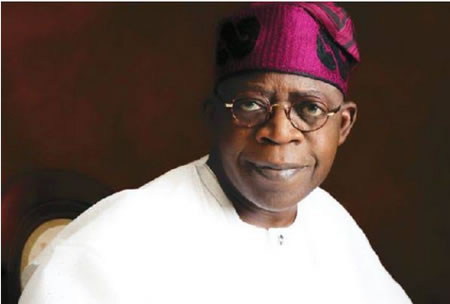Following the recent opposition expressed by the Northern Governors’ Forum regarding the proposed tax reform bills, the Presidency has reiterated that these reforms are not designed to disadvantage the northern states but rather to benefit all regions of Nigeria.
The Northern Governors, led by Chairman Governor Muhammed Inuwa Yahaya of Gombe State, during a meeting held on October 28, 2024.
voiced their concerns over a new derivation-based model for Value-Added Tax (VAT) distribution included in the tax reform bills currently before the National Assembly.
The meeting was notable for its inclusion of traditional rulers from the region, headed by the Sultan of Sokoto, His Eminence Muhammadu Sa’ad Abubakar III.
The Northern Governors’ communiqué expressed a united front against the proposed changes, prompting the Presidency to clarify the intent and structure of the reforms.
In a detailed statement on Thursday, the Special Adviser to the President on Information and Strategy, Bayo Onanuga, emphasized that the reforms are aimed at streamlining Nigeria’s tax administration processes and enhancing overall efficiency.
Giving an overview of the proposed tax reforms, he explained that the new tax reform initiatives arise from a comprehensive review of existing tax laws and are encapsulated in four key bills.
These include the Nigeria Tax Bill which aims to simplify tax obligations, eliminate unintended multiple taxation and enhance competitiveness for businesses and individuals.
The Nigeria Tax Administration Bill (NTAB), he pointed out, proposes new rules to harmonize tax administration across federal, state, and local jurisdictions, facilitating ease of compliance for taxpayers.
According to him, the Nigeria Revenue Service (Establishment) Bill seeks to rename the Federal Inland Revenue Service (FIRS) to Nigeria Revenue Service (NRS), reflecting its broader mandate.
He informed that the Joint Revenue Board Establishment Bill proposes the creation of a Joint Revenue Board to streamline federal and state tax authorities and establish an Office of Tax Ombudsman for taxpayer complaints.
Onanuga pointed out that these reforms will not introduce new taxes or increase existing rates.
Instead, they focus on optimizing and simplifying the existing tax framework to ensure a more equitable distribution of tax obligations.
While the Northern Governors have raised alarms about the potential impacts of the proposed derivation-based VAT model, the Presidency stressed that the reforms aim to correct current inequities in VAT distribution.
The existing model allocates VAT based on where it is collected rather than where goods and services are consumed.
The new proposal intends to factor in consumption, ensuring that states contributing to national food production, including those in the North, are adequately recognized.
“This means that northern states producing essential goods will not lose out on revenue simply because their products are VAT-exempt or consumed elsewhere,” Onanuga explained.
The Presidency maintained that these reforms are essential for improving the economic landscape of Nigeria and are designed to enhance revenue generation for all tiers of government, ultimately funding vital development projects across the nation.
The proposed reforms also aim to address the current fragmentation in tax administration, which often leads to confusion and inefficiency among tax authorities at different levels.
By harmonizing the processes, the reforms are expected to provide clearer guidelines for taxpayers and improve revenue management across the board.
Onanuga emphasized that these reforms are critical to the nation’s growth and that the National Assembly should prioritize their consideration.
“The time for these reforms is now, as they hold the potential to reshape our tax systems and create the revenue necessary for the development our country urgently needs,” he stated.
The Presidency reassured all states, including those in the North, that the proposed tax reforms are a step toward equitable governance and economic resilience, aimed at fostering collaboration and prosperity across Nigeria.
READ ALSO FROM NIGERIAN TRIBUNE
